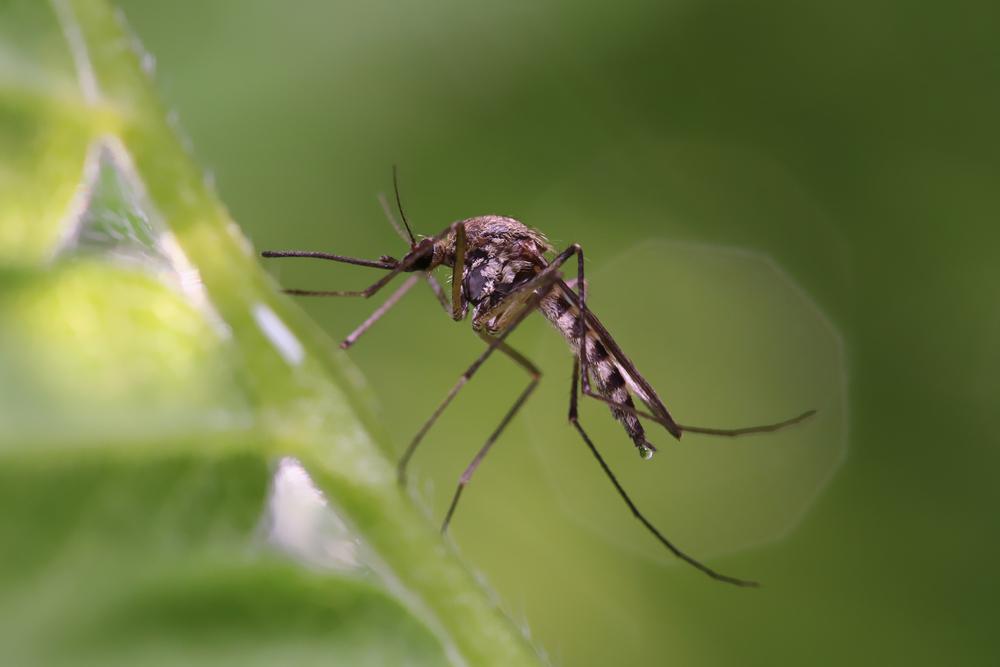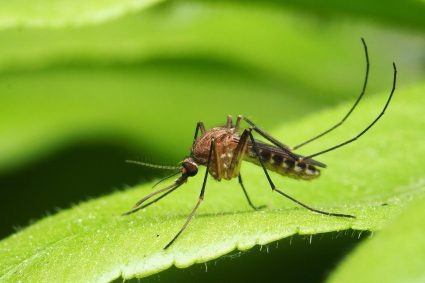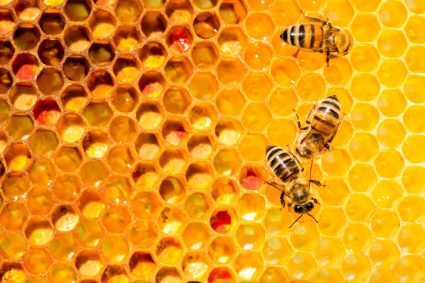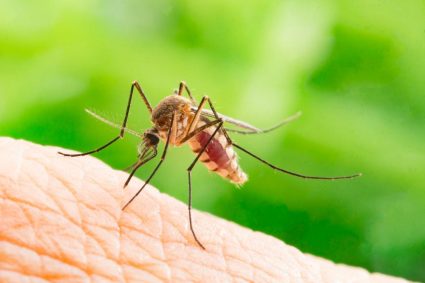
Citronella leaves, derived from a member of the geranium family, carry a citrus-like fragrance in their foliage. While these leaves alone may not be highly effective at repelling mosquitoes, the oil derived from them can be used in various forms to deter these pesky insects. In this comprehensive guide, we will explore the use of citronella leaves for mosquito repellent, discuss their effectiveness compared to other natural repellents, and provide a step-by-step guide on how to prepare a homemade citronella spray.
Citronella leaves can be used to repel mosquitoes by making a homemade spray. Boil 1 cup of water, add 3-4 tablespoons of fresh or dried citronella leaves, and let it cool. Strain the liquid, mix it with 1.5 ounces of witch hazel or vodka, add citronella, peppermint, and tea tree essential oils, and pour the mixture into a spray bottle. However, the effectiveness of citronella leaves is limited compared to other natural repellents.
What are Citronella Leaves?
Citronella plants or Cymbopogon nardus are native to various parts of the world, including Asia and Africa, and are commonly grown in Southeast Asian countries as a flavoring for foods and beverages. They can also be purchased at local garden centers or online. These plants have medium green, lacy leaves and can grow upright to 2 to 3 feet in height.
How Does Citronella Repel Mosquitoes?
Citronella works by masking scents that are attractive to insects, making it difficult for them to locate their target to feed. It contains components such as citronellol, citronellal, and geraniol, which are known to interfere with the mosquito’s olfactory receptors, masking the carbon dioxide and lactic acid scents that mosquitoes are searching for.
Making a Homemade Citronella Spray
One of the ways to use citronella leaves for repelling mosquitoes is by making a homemade citronella spray. Here’s a simple recipe:
- Boil 1 cup of water.
- Add 3 to 4 tablespoons of fresh or dried citronella leaves.
- Mix well and cover the liquid, allowing it to cool.
- Once cooled, strain the liquid to remove the leaves.
- Mix the citronella-infused water with 1.5 ounces of witch hazel or vodka.
- Add 30 drops of citronella essential oil, 25 drops of peppermint essential oil, and 15 drops of tea tree essential oil.
- Pour the mixture into a spray bottle and shake well before each use.
Remember, citronella can cause skin irritation and rashes in some people, so it’s essential to test the spray on a small area of your skin before applying it all over your body.
Safety Considerations and Potential Side Effects
Citronella oil can cause skin irritation and allergic reactions in some individuals when applied topically. It is generally considered safe for most people when used as an insect repellent, but it might cause skin reactions or irritation in some cases. Inhaling citronella oil is likely unsafe and has been associated with lung damage.
Effectiveness of Citronella Leaves Compared to Other Natural Mosquito Repellents
Citronella leaves, when crushed and applied to the skin, can provide some mosquito-repelling effects due to the presence of citronellal, a compound that mosquitoes find unpleasant. However, the effectiveness of citronella leaves is limited compared to other natural mosquito repellents.
Other natural mosquito repellents, such as lemongrass, lemon balm, and kaffir lime, contain substantially higher amounts of citronellal in their leaves and provide more effective natural relief when their leaves are crushed and applied to the skin. Additionally, plants like lavender, peppermint, and eucalyptus can also help deter mosquitoes.
Other Natural Mosquito Repellents
Several natural mosquito repellents can be used as alternatives to citronella, including Lemon eucalyptus oil, Lavender, Cinnamon oil, Thyme oil, Greek catmint oil, Soybean oil, Neem oil, Peppermint, Catnip, and Marigolds.
In conclusion, while citronella leaves alone may not be highly effective at repelling mosquitoes, they can be used in various forms, such as sprays and oils, to deter these insects. However, it’s crucial to keep in mind the potential side effects and safety precautions when using these natural repellents.
Frequently Asked Questions
Can I use citronella candles instead of the spray?
Yes, citronella candles can be used to repel mosquitoes. The scent of the candle can help mask the scents that attract mosquitoes, reducing their presence. However, the effectiveness might not be as strong as the spray, and the coverage area is limited to the candle’s proximity.
How long does the effect of the citronella spray last?
The effect of the citronella spray typically lasts for about two hours. However, this can vary depending on factors like the concentration of the spray, the amount applied, and the weather conditions.
Can I use citronella oil directly on my skin?
It’s not recommended to apply citronella oil directly on the skin as it can cause skin irritation or allergic reactions in some individuals. Always dilute it with a carrier oil or mix it in a spray with other ingredients as described in the blog post.
Are there any other uses for citronella leaves?
Yes, aside from repelling mosquitoes, citronella leaves are also used in culinary applications in some cultures. They can be used to flavor foods and beverages. Additionally, citronella oil derived from the leaves is often used in perfumes and soaps due to its fresh, citrusy scent.
Can I grow citronella plants in my garden?
Yes, citronella plants can be grown in your garden. They prefer a sunny location with well-drained soil. However, they are tropical plants and may not survive in areas with harsh winters. In such cases, consider growing them in pots that can be moved indoors during colder months.











